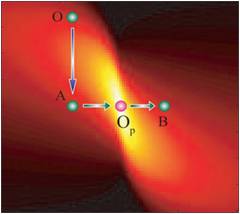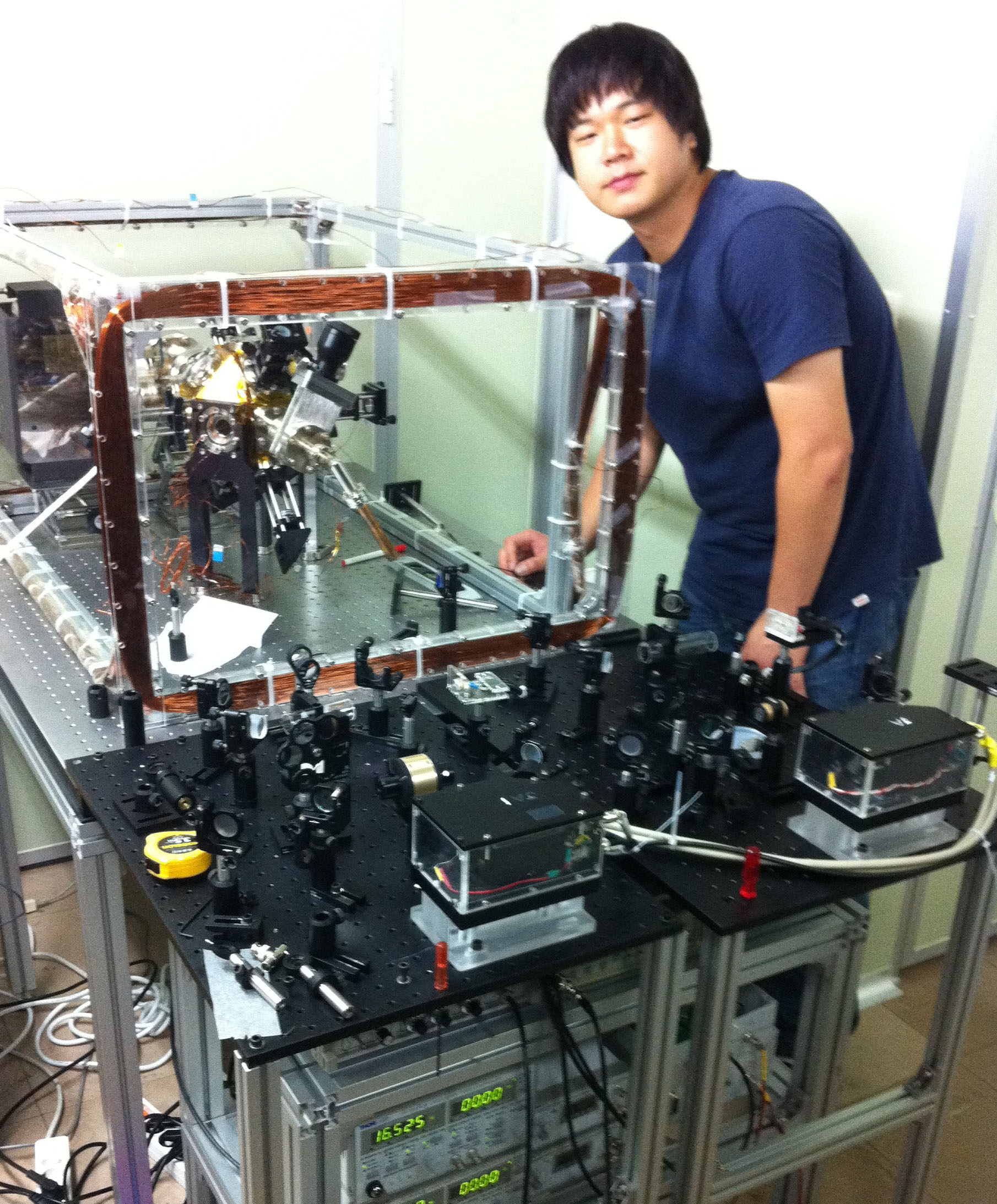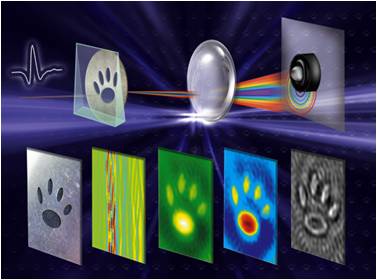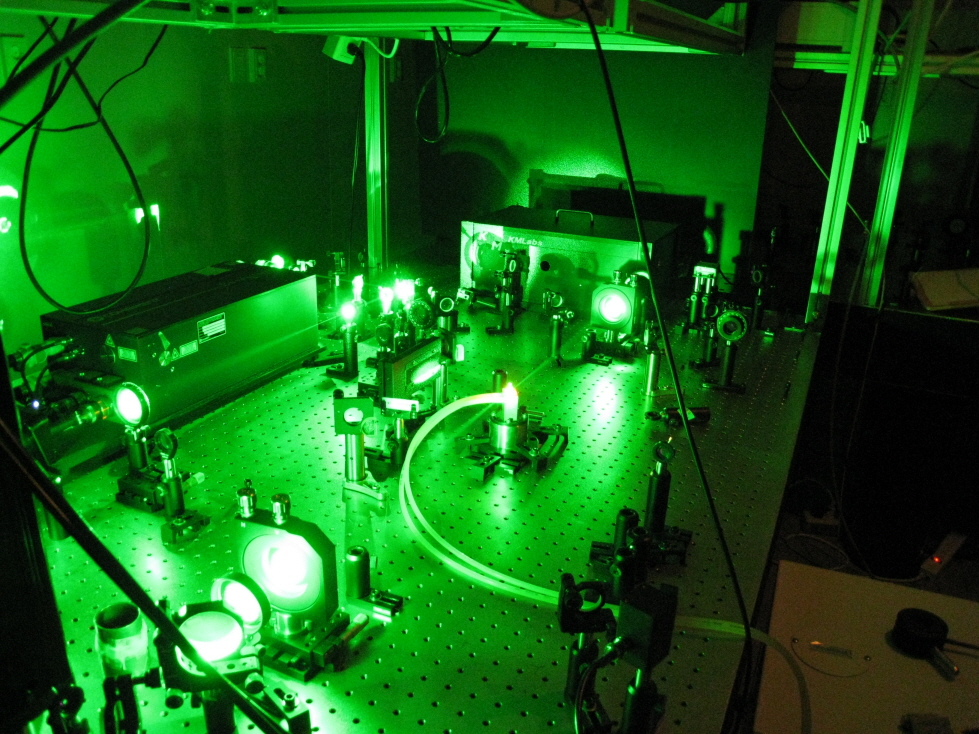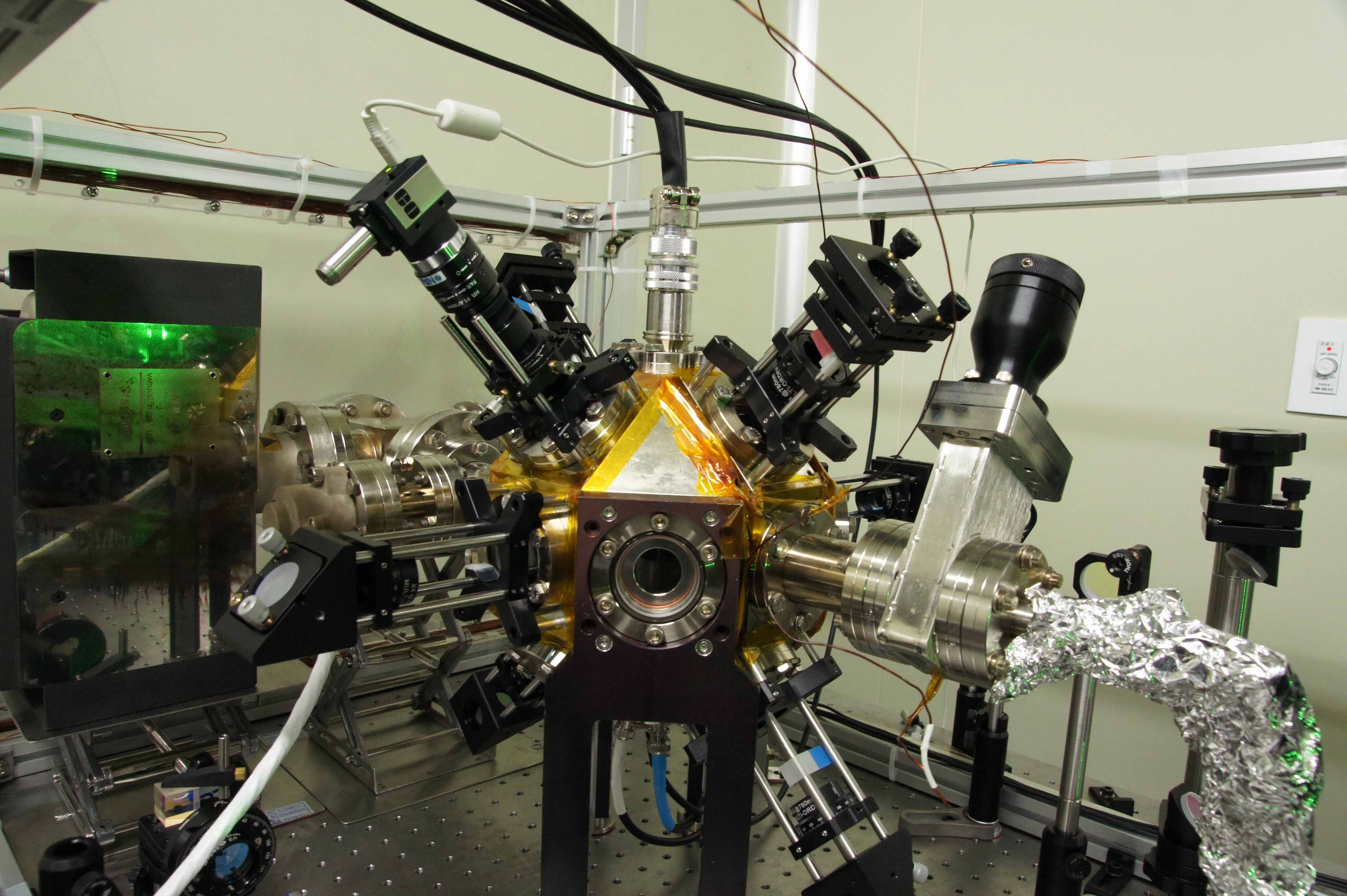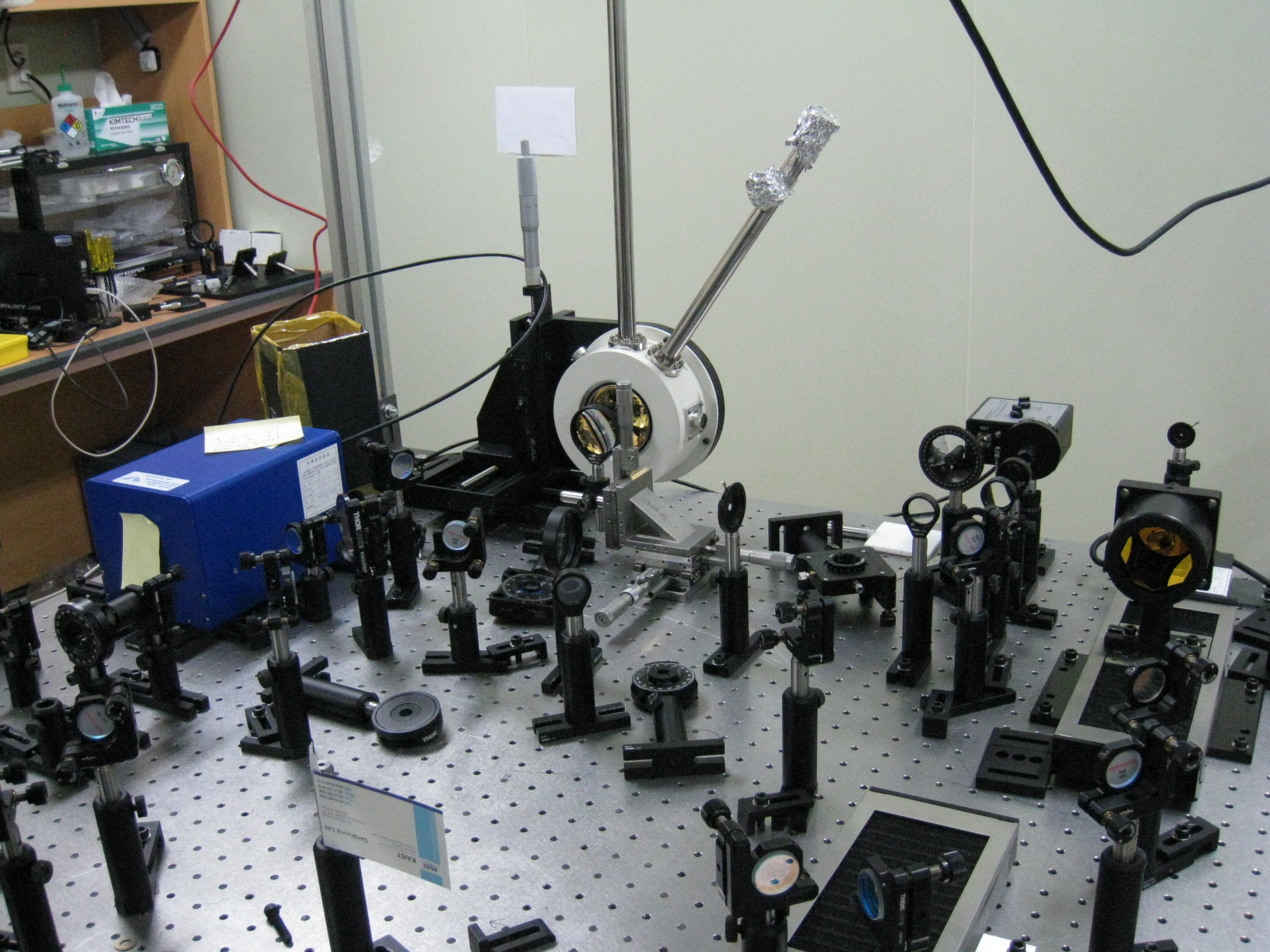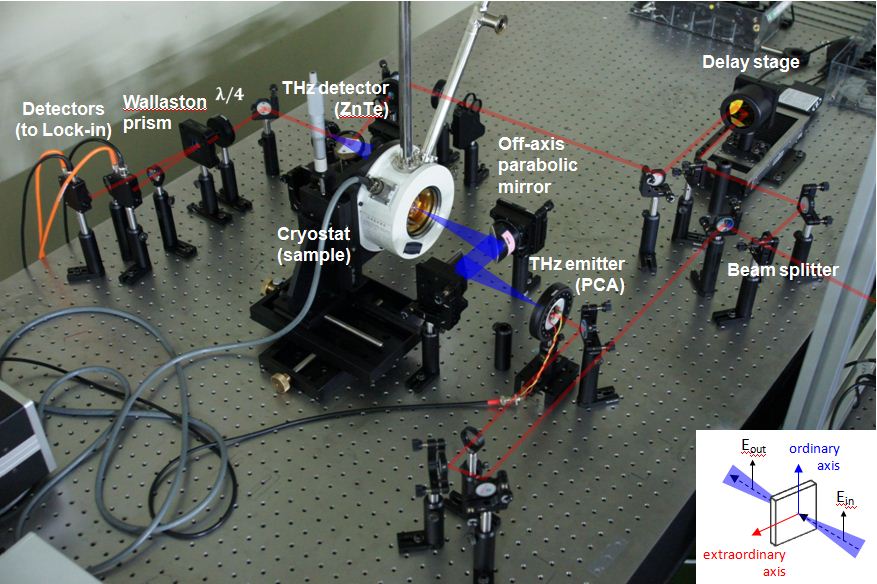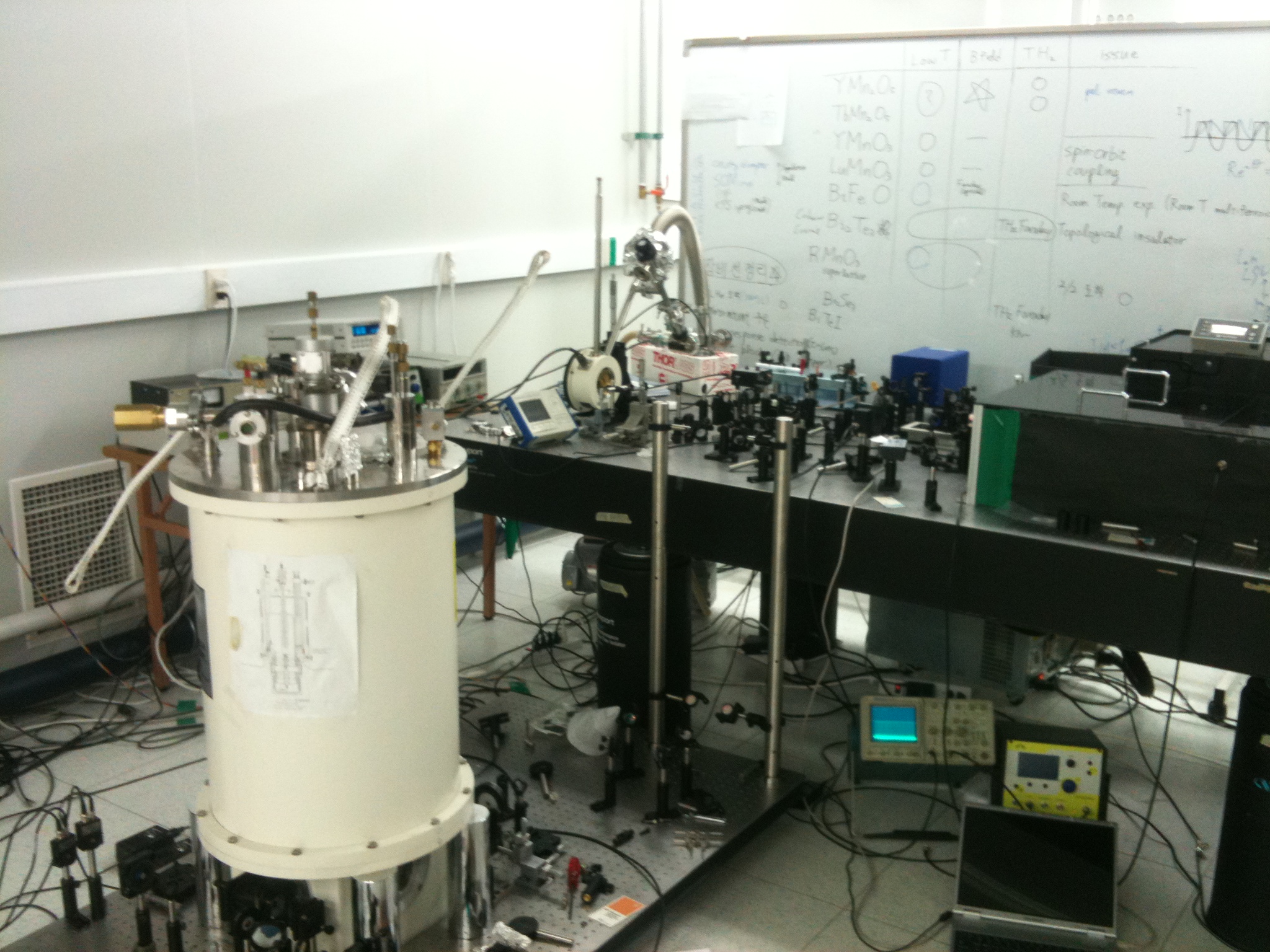Difference between revisions of "Research"
From KAIST Quantum Computing Lab Wiki
Jump to navigationJump to searchm |
m |
||
| Line 1: | Line 1: | ||
| − | + | === [[Intro in Korean]] === | |
| − | |||
| − | |||
=== Quantum Control === | === Quantum Control === | ||
| Line 54: | Line 52: | ||
*'''[[Ultrafast Material Science]]''' | *'''[[Ultrafast Material Science]]''' | ||
| − | |||
</big> | </big> | ||
__NOTOC__ | __NOTOC__ | ||
Revision as of 08:21, 31 August 2012
Intro in Korean
Quantum Control
| Recent advances in ultrafast laser and optical pulse shaping techniques have brought the use of shaped pulses of optical frequency for the manipulation of quantum systems. This field, known as quantum control, though being started as a theoretical exercise, has rapidly become an experimental reality in a vast variety of materials extending from atoms and molecules to condensed matter and biological materials. latest results |
Ultra-cold Molecular Quantum Computing
| Quantum computing seeks to write, process, and read information on quantum level. We envision that the phase evolution of vibration wave-packets of ultra-cold diatomic molecules captured in magneto optical trap computes quantum algorithms. latest results |
Terahertz Optics
|
Terahertz science and technology has attracted much interest because of its many up-and-coming applications in communication, material characterization, and imaging. The left figure shows our latest invention of THz coherent optical computation imaging. latest results |
Lab Photos
1. Quantum Control Lab at Physics 3317
2. Ultrafast Spectroscopy Lab in KI Basement
Miscellaneous
